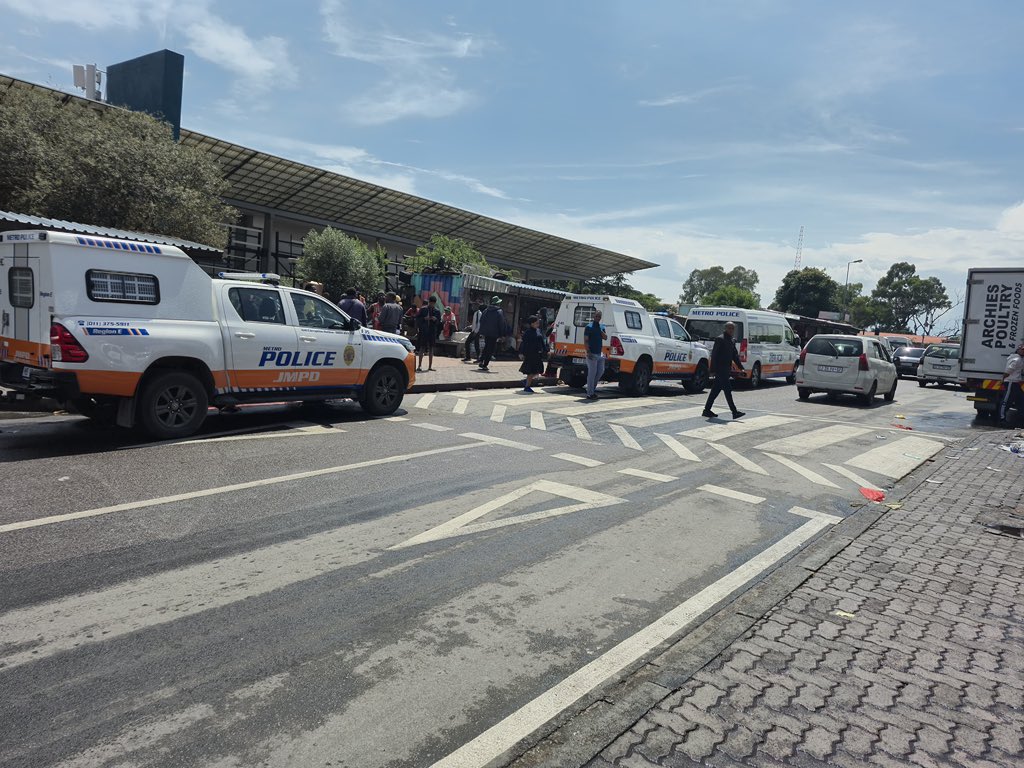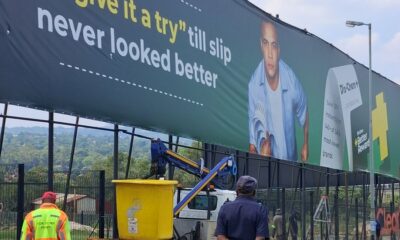News
City of Johannesburg Welcomes Court Ruling on Informal Trader Registration as a ‘Victory for Order’

City Welcomes Court Ruling as ‘Victory for Order’
The City of Johannesburg has hailed a recent Gauteng High Court ruling as a win for both the rule of law and the city’s long-term plans to formalise informal trading.
On Monday, the court ordered the City to speed up the verification and registration of informal traders a process that has long been mired in red tape and confusion. The ruling came after the Socio-Economic Rights Institute of South Africa (SERI) took the municipality to court following the removal of unauthorised traders from their long-standing trading spots.
For many vendors, those stalls aren’t just tables they’re livelihoods, often supporting entire families through daily sales of fruit, clothing, and home essentials.
A Push Toward Lawful, Inclusive Trading
Acting Johannesburg Mayor Eunice Mgcina described the ruling as a “victory,” saying it aligns with the City’s own commitment to creating a fair and lawful trading environment.
“We definitely see it as a victory,” said Mgcina. “We want to ensure that everyone operates legally in Johannesburg with the correct documentation issued by the social development department.”
The High Court has given the City two weeks to prioritise verified traders for stall allocations a deadline that could significantly reshape how informal trading is managed in the metro’s busiest districts, including the inner city, Yeoville, and Hillbrow.
Informal Traders: The Beating Heart of Joburg’s Economy
Johannesburg’s informal traders are a vital part of the city’s economic fabric. From sidewalk fruit sellers to cellphone repairers on Bree Street, they bring accessibility and life to the city’s streets often filling the gaps left by formal retail.
However, years of inconsistent policy enforcement and alleged harassment by municipal officials have left many traders vulnerable and uncertain about their rights.
SERI’s court action was meant to push the City toward accountability and transparency, ensuring that traders are not criminalised but rather supported through fair regulation.
Public Reaction
On social media, reactions to the ruling were divided. Many users applauded the decision as a necessary correction, with one X user writing, “This is justice for the street vendors who’ve been trying to earn an honest living.”
Others, however, called for stricter enforcement against illegal trading, arguing that unregulated stalls contribute to congestion and safety concerns in parts of the CBD.
What Happens Next
The City now faces a tight turnaround to complete the verification process and ensure that all registered traders receive proper documentation. If executed fairly, this could mark a turning point for Johannesburg’s urban economy one where informal traders are seen not as a problem to be managed, but as entrepreneurs contributing to the city’s resilience.
As the deadline looms, the court’s message is clear: it’s time for Johannesburg to balance law enforcement with inclusion and to finally give its street traders the legitimacy they’ve long deserved.
{Source:EWN}
Follow Joburg ETC on Facebook, Twitter , TikTok and Instagram
For more News in Johannesburg, visit joburgetc.com



























